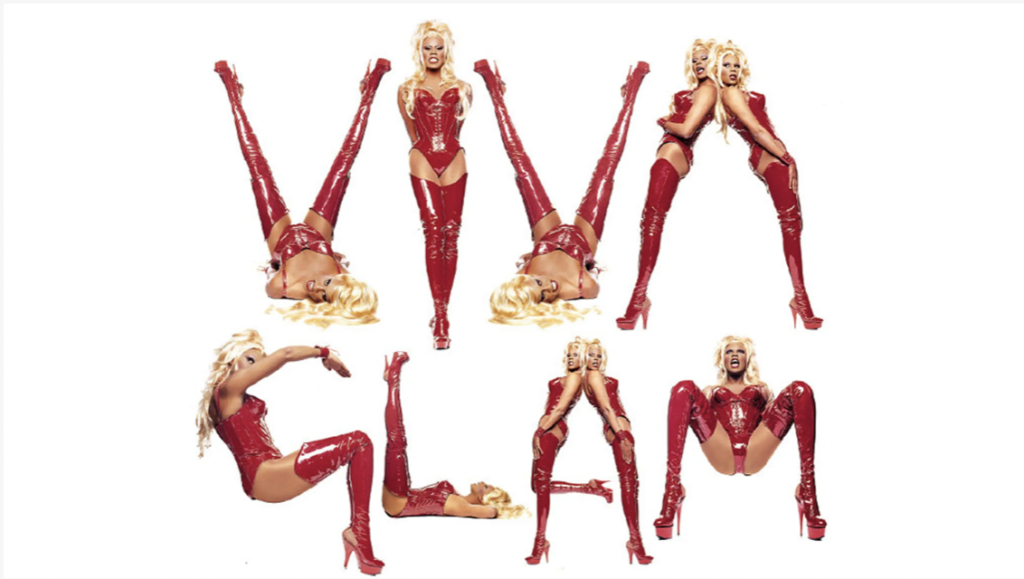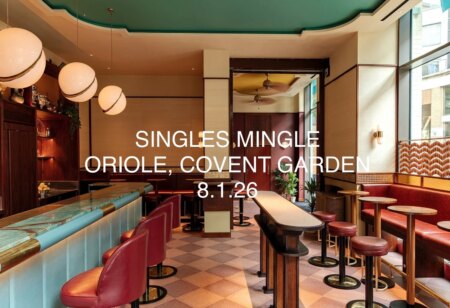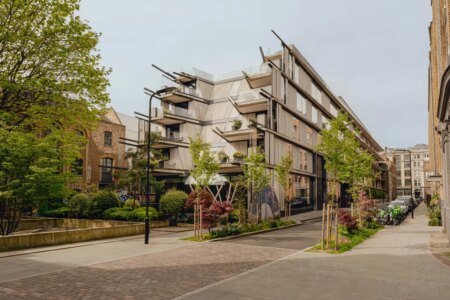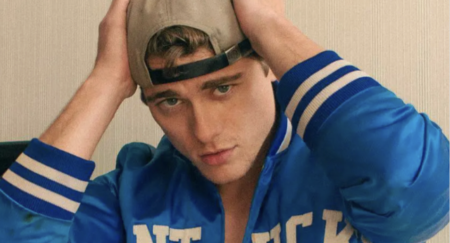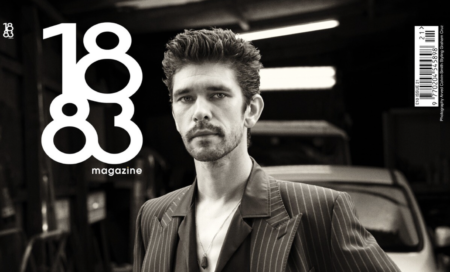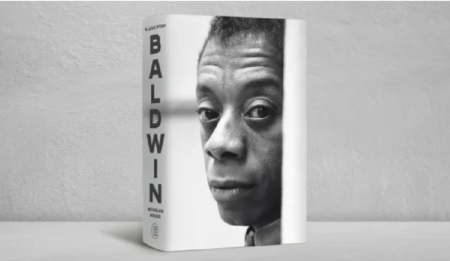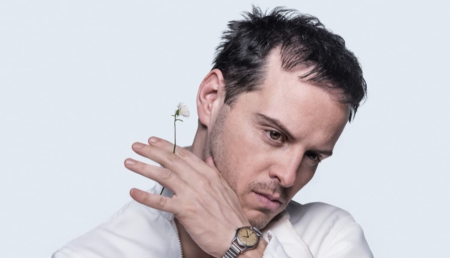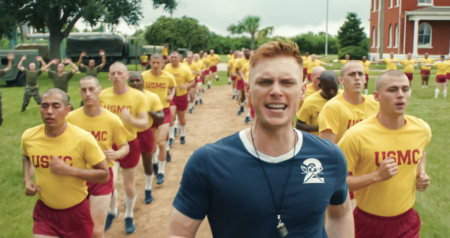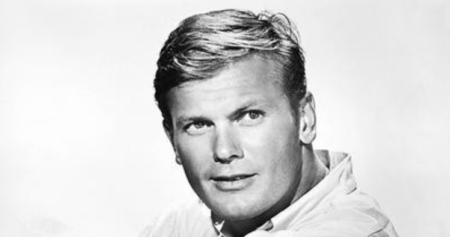In the heart of New York City’s Greenwich Village, an evolution in the cosmetic industry was taking shape during the late ’80s and early ’90s—an era marked by diversity, inclusiveness, and innovation—embodied by the trailblazing brand, MAC Cosmetics. Initially inspired by vibrant journeys to the MAC store on Christopher Street with friend Johnny Lavoy, the company’s open embrace of the LGBTQ+ community was truly ahead of its time.
What initially captivated many was MAC Cosmetics’ culture that thrived on diversity and inspiration. The store, often bustling with an eccentric energy, was frequented by drag queens and a customer base as diverse as the makeup lines it offered. The staff donned black t-shirts with illustrations of men kissing men, women kissing women, and women kissing men, echoing the company’s credo at that time: “All Ages, All Races, All Sexes”, which has evolved to “All Genders”. This ethos promoted an environment that prioritised inclusivity and acceptance.
The brand championed innovative features, one being the “Back-To-MAC” recycling programme, encouraging sustainability by exchanging returned empty packaging for a free lipstick—initiatives quite rare during that period. This ambitious stride towards eco-consciousness was complemented by their efforts in promoting conversations around safe sex and HIV/AIDS prevention, with free MAC condoms available at the counter.
Michael DeVellis, who later took on the role of Retail Manager at the Westfarms MAC store, recalls being enchanted not only by MAC’s innovative products but also by its distinctive corporate culture. On joining the company, DeVellis discovered a familial energy and commitment to education, cementing his belief in the brand’s transformative potential. His career with MAC spanned varied roles, including Operations Manager in New York City, running prominent stores such as Saks Fifth Avenue, and the Soho store.
Under the leadership of founders Frank Toskan and Frank Angelo, MAC Cosmetics became a powerful ally to numerous social initiatives. The company was actively involved in events like Broadway Bares and AIDS Walk New York, supporting organisations such as God’s Love We Deliver. One of their landmark contributions was the introduction of Ru Paul as the brand’s first spokesperson for their Viva Glam campaign—a fundraising effort where every penny of the sales from the lipstick line supported those living with HIV/AIDS.
This appointment was significant in the industry, marking Ru Paul [pictured in a MAC campaign] as the first drag queen to secure a major cosmetics contract. It set a new precedent and was followed by other influential figures like KD Lang, each campaign challenging industry norms and celebrating diversity.
In Toronto, MAC’s dedication was evident as it became a primary sponsor for Fashion Cares, allowing the brand to further establish its legacy within the fashion and entertainment sectors.
DeVellis, guided by Frank Toskan, spearheaded the MAC Pro project, realigning the brand’s focus on professional makeup artists. This venture birthed MAC Pro, an expansive support programme and product line tailored for professionals, extending the brand’s reach and influence.
MAC Pro also allowed creative ventures to flourish, resulting in exclusive collaborations such as the Angry Inch Lipglass with Mike Potter and John Cameron Mitchell for Hedwig And The Angry Inch, showcasing the brand’s penchant for creative partnerships and industry-defining moments.
The legacy of MAC Cosmetics, as iterated by DeVellis, showcases its journey from a Canadian startup to an industry leader. By pioneering inclusivity, bold marketing strategies, and sustainability, MAC continues to influence the global makeup landscape. The brand’s core mission remains evident in its ongoing success and deep-seated commitment to diversity, setting an exemplary standard within the beauty industry.
Source: Noah Wire Services






